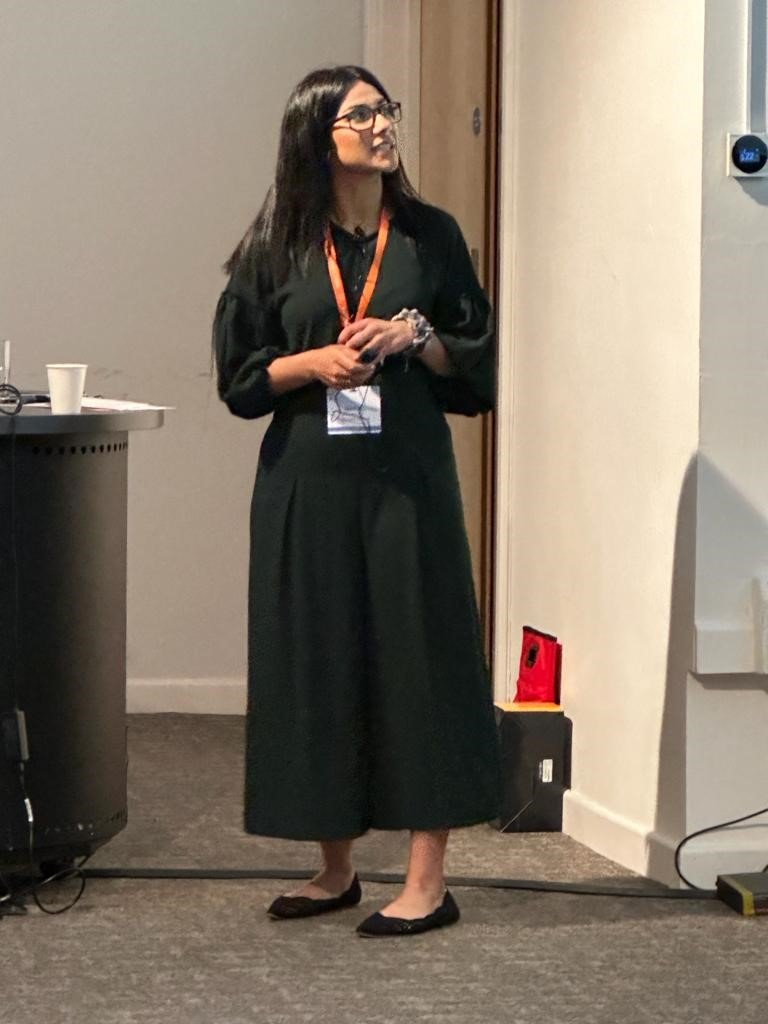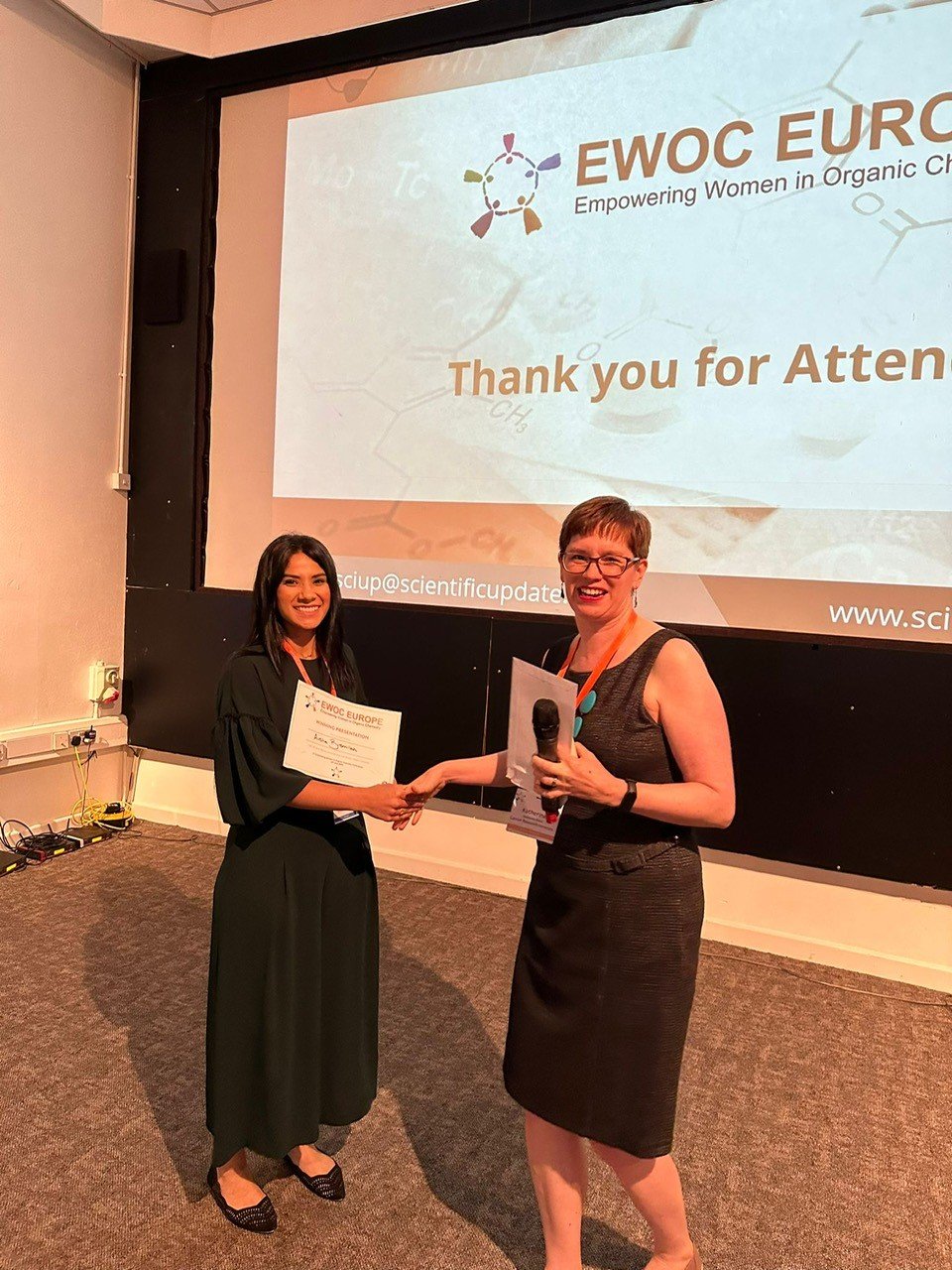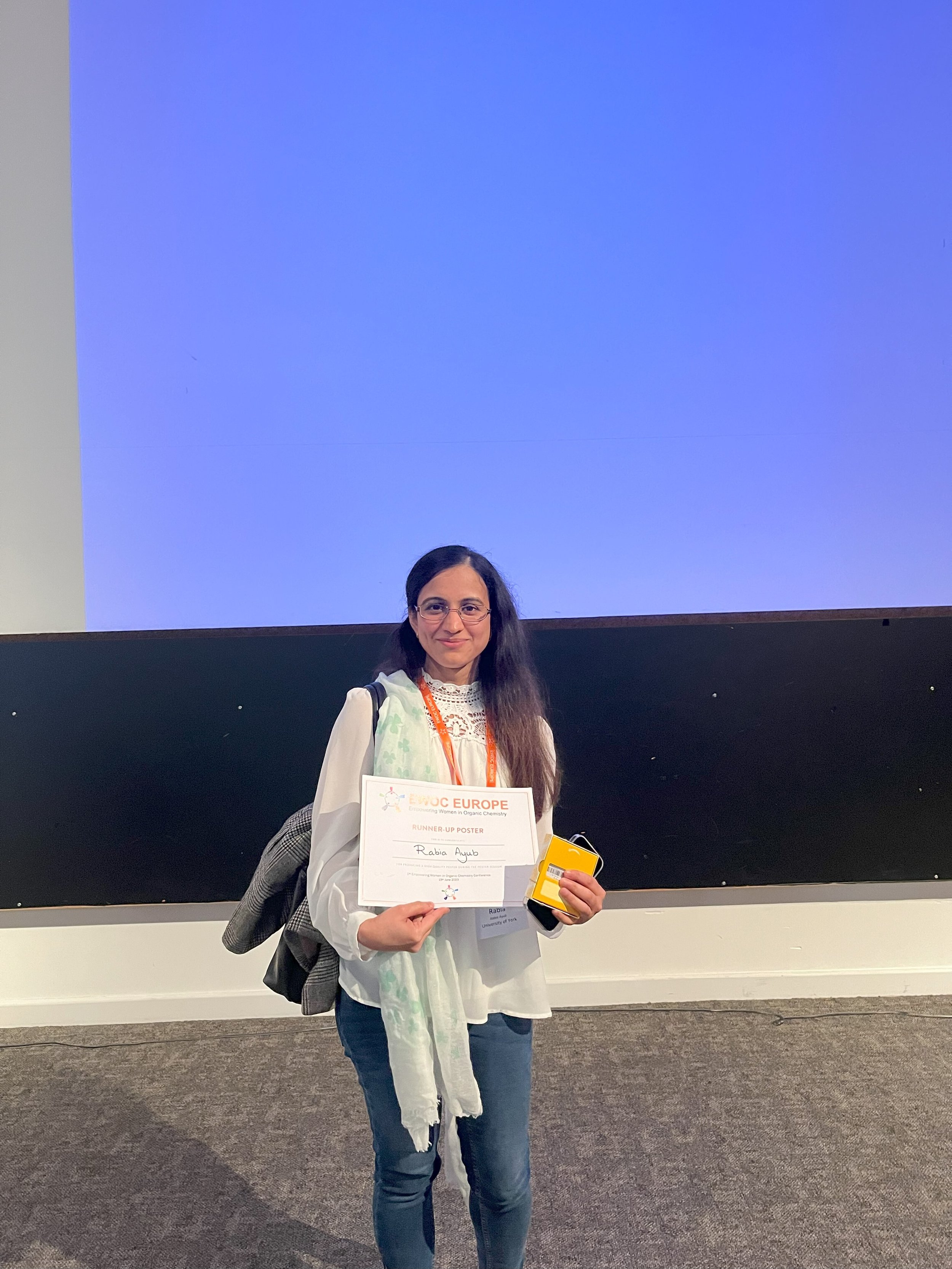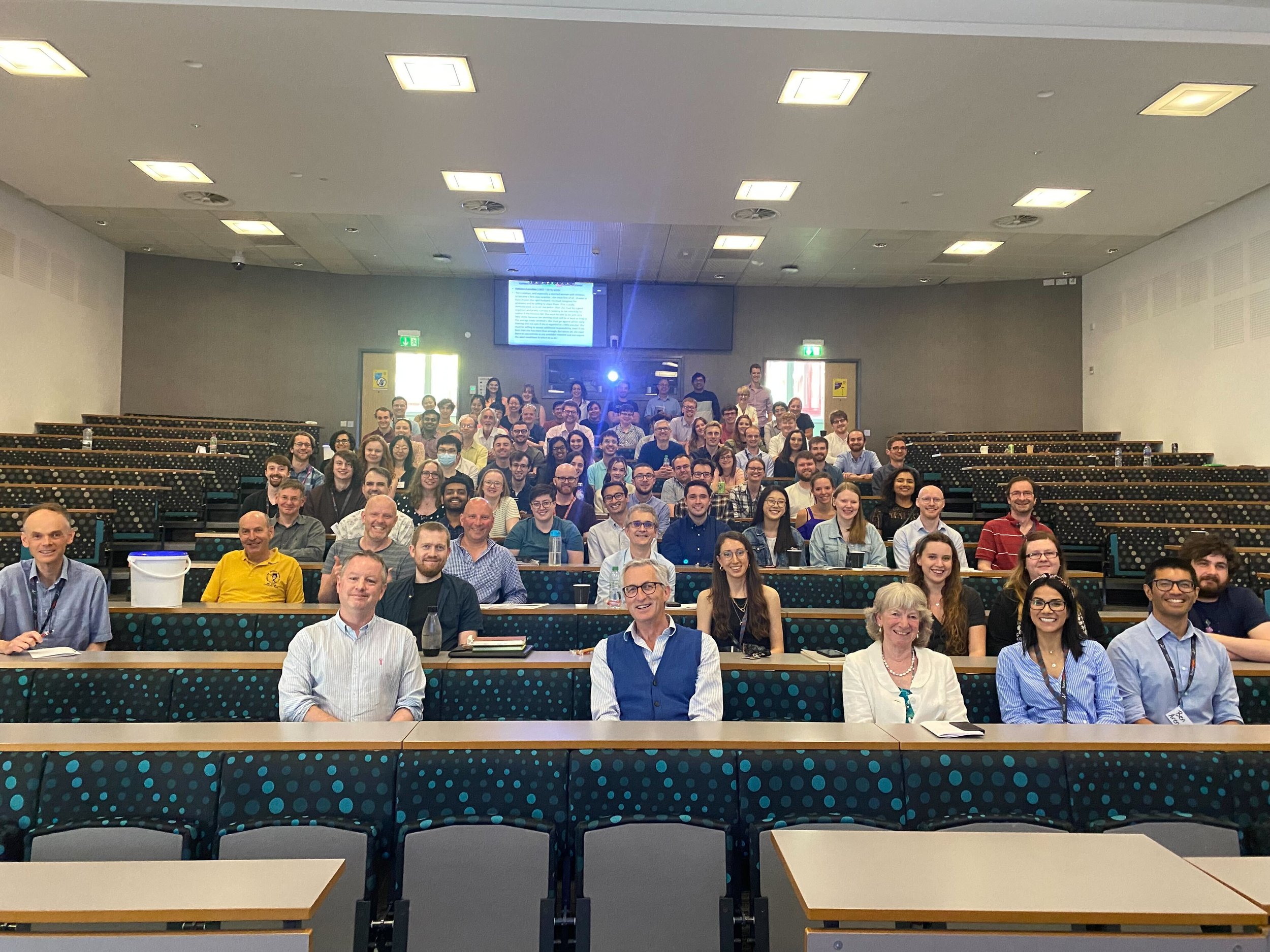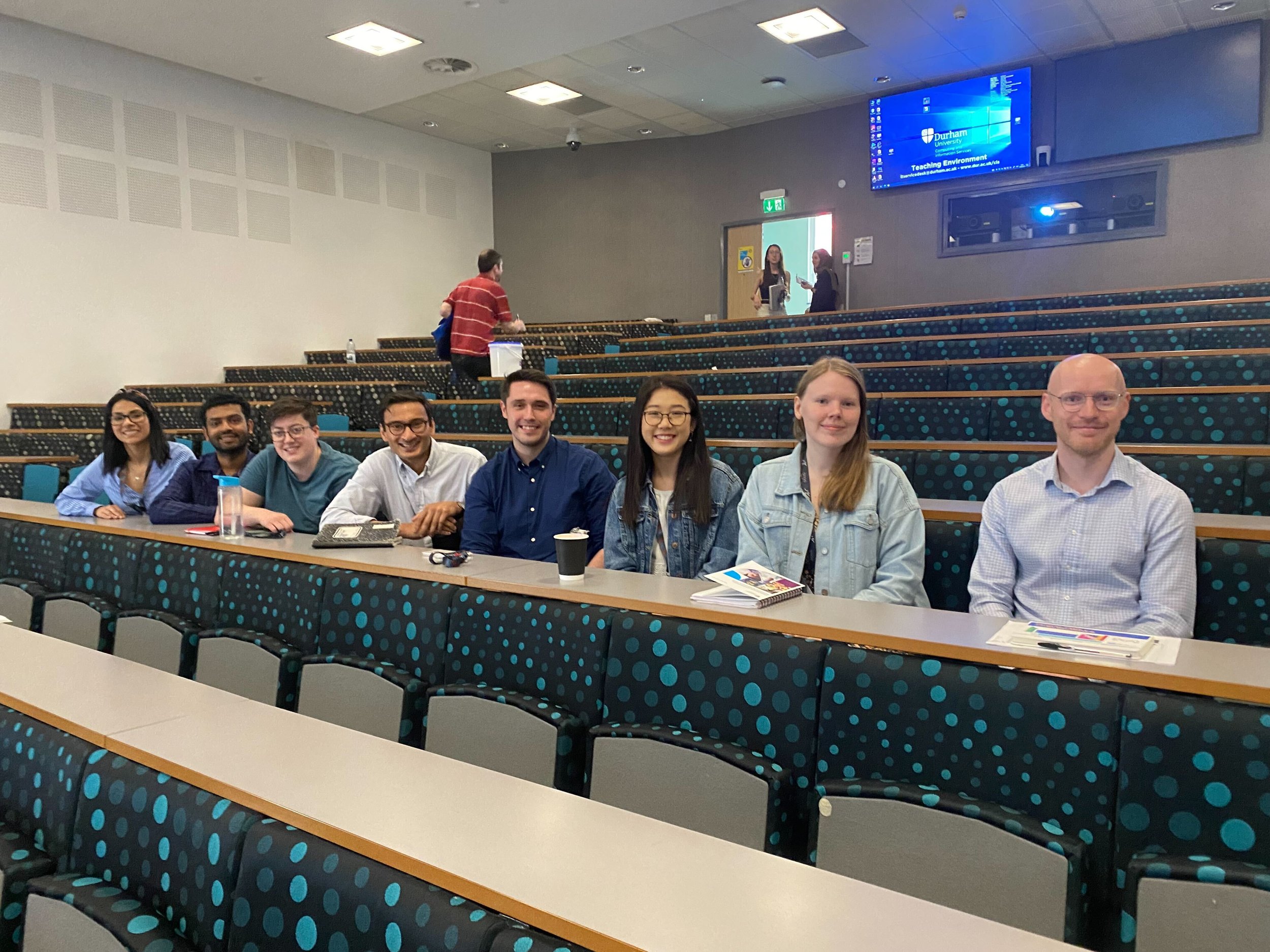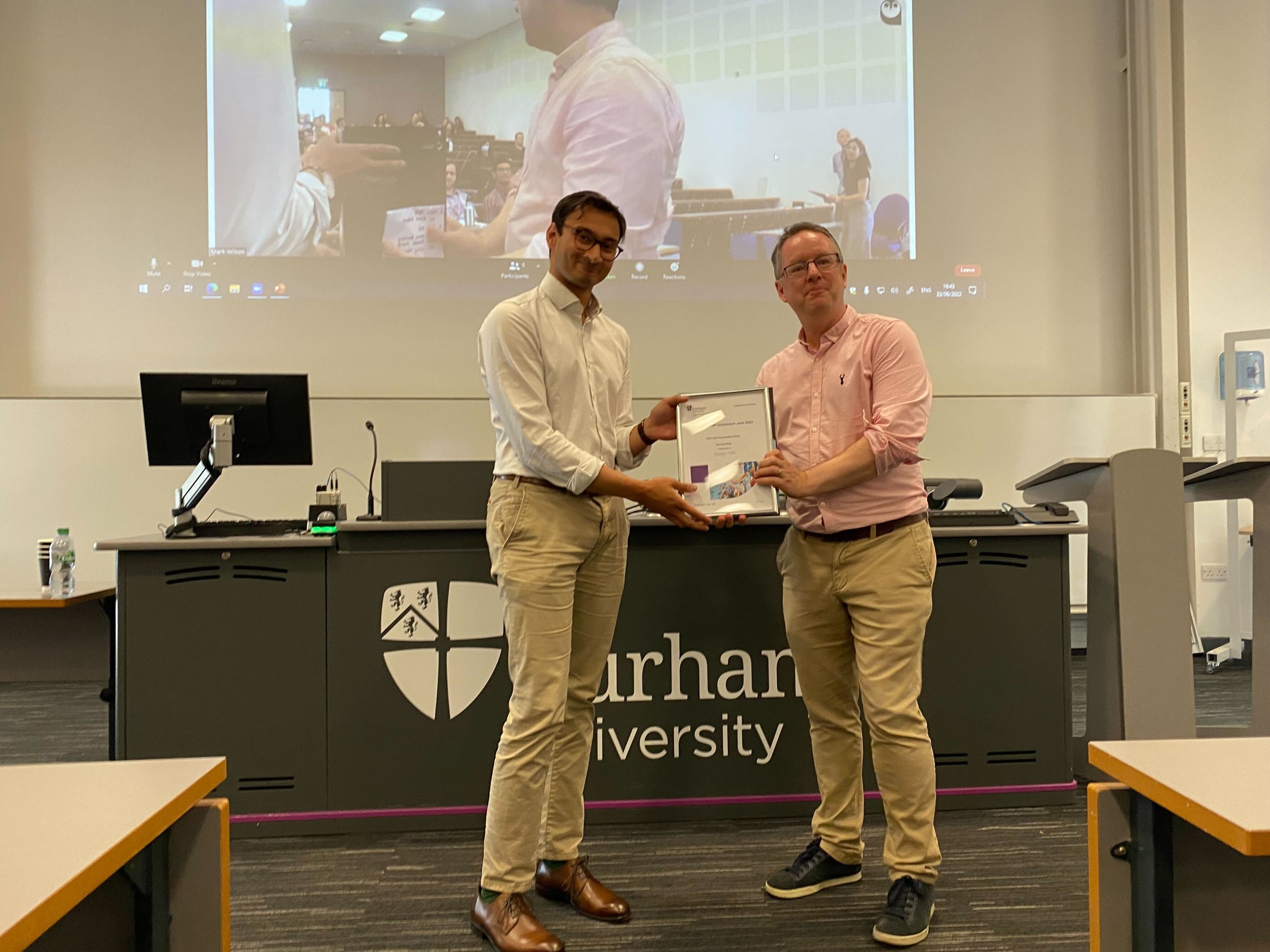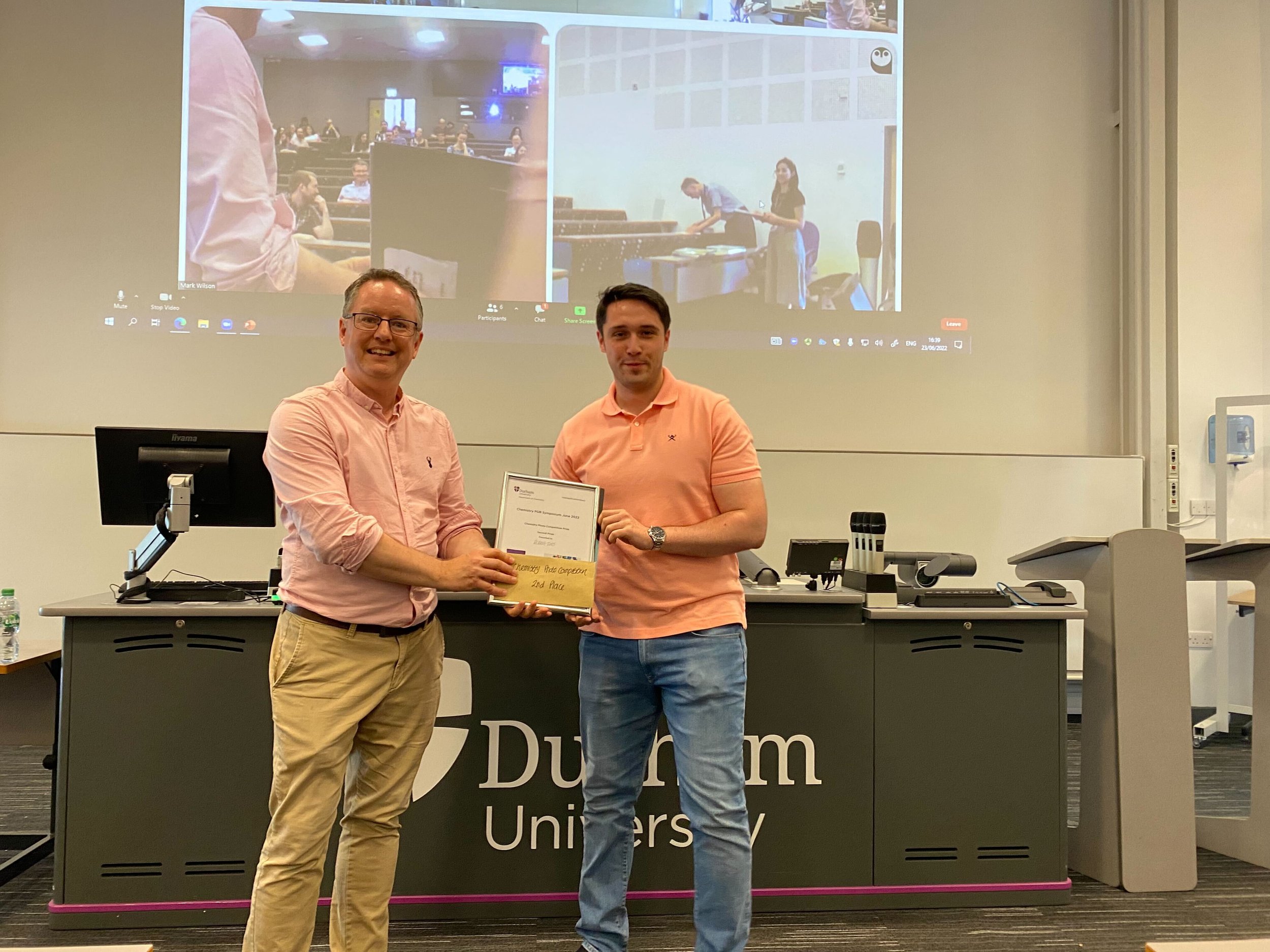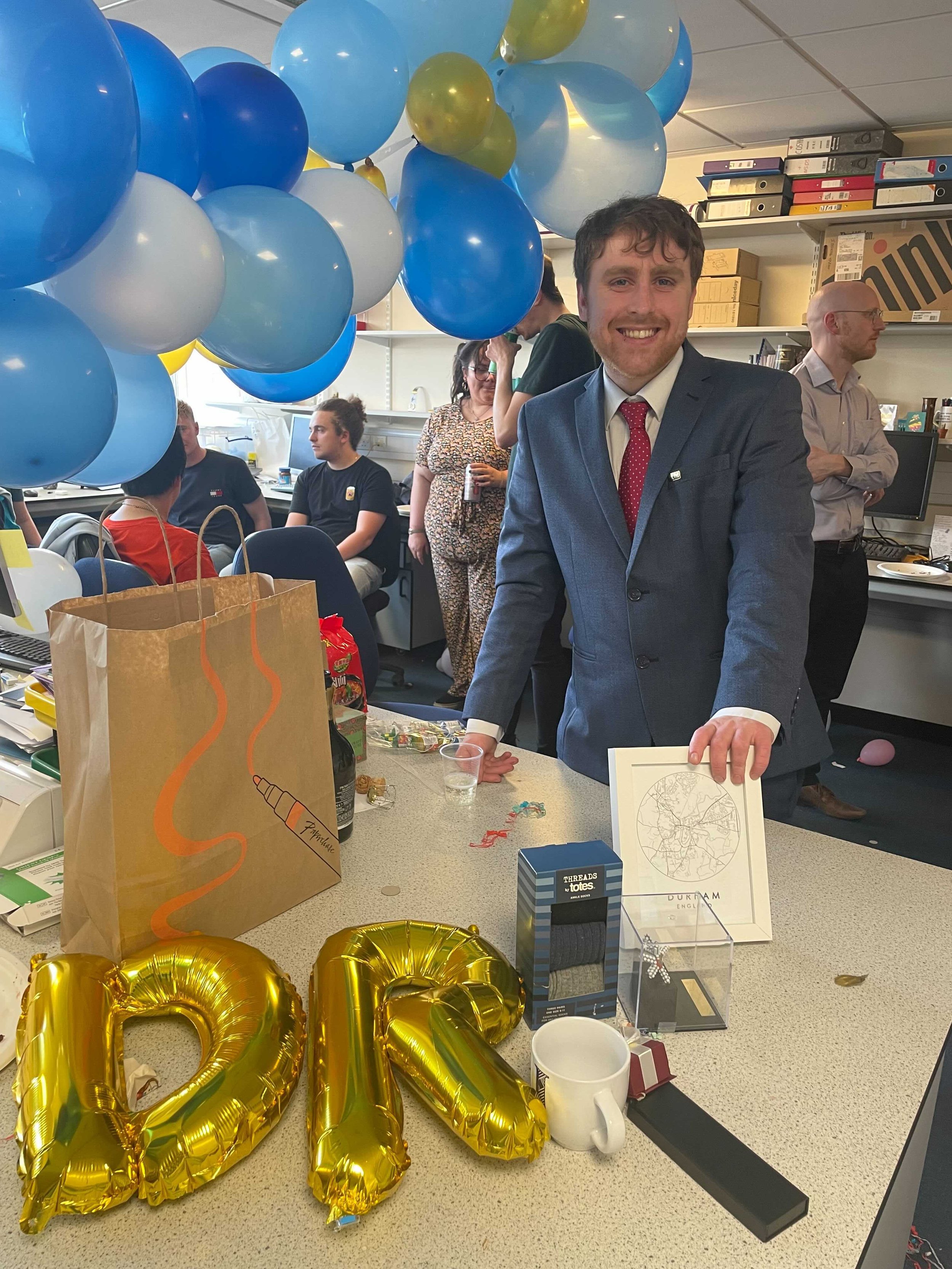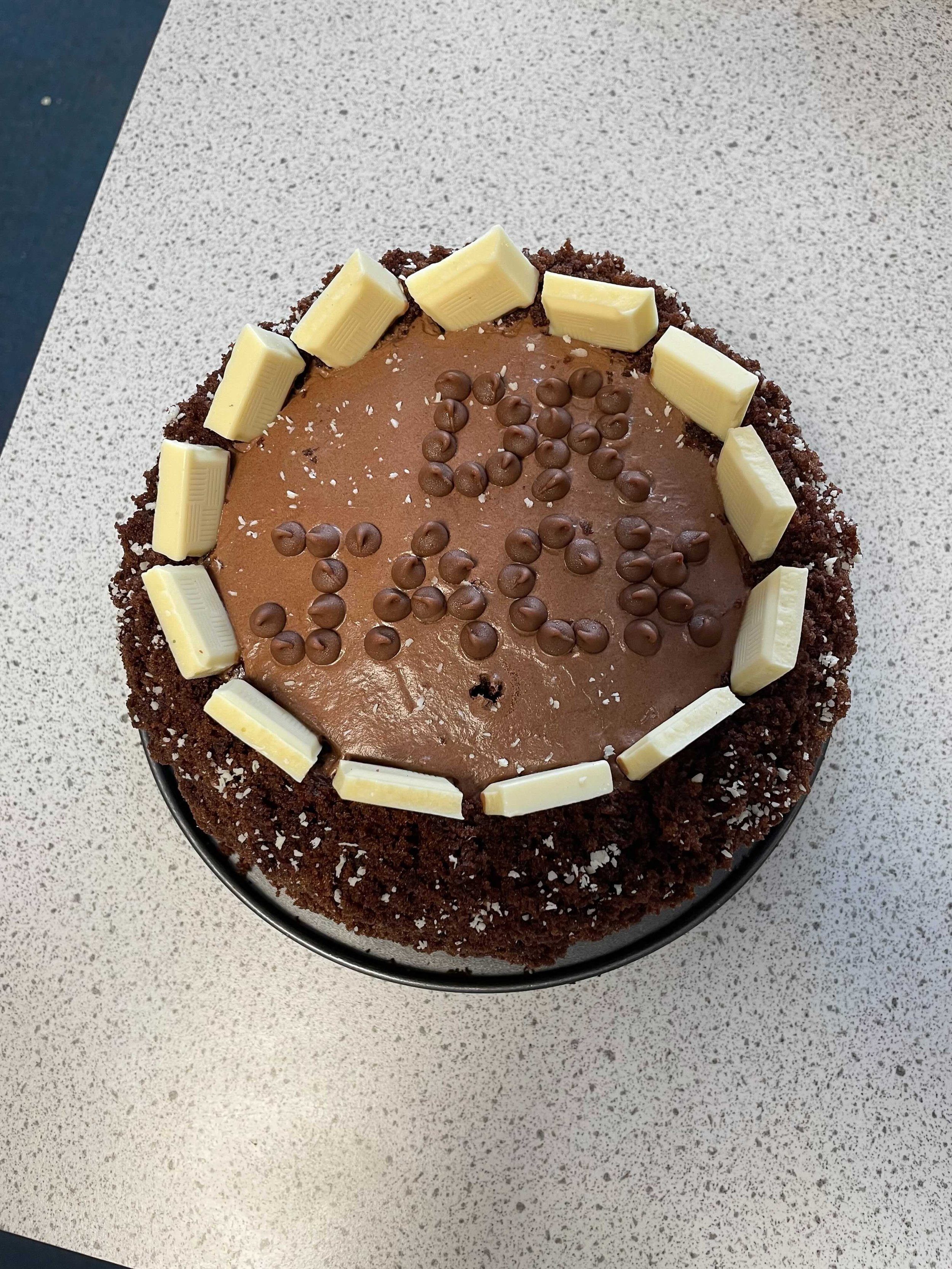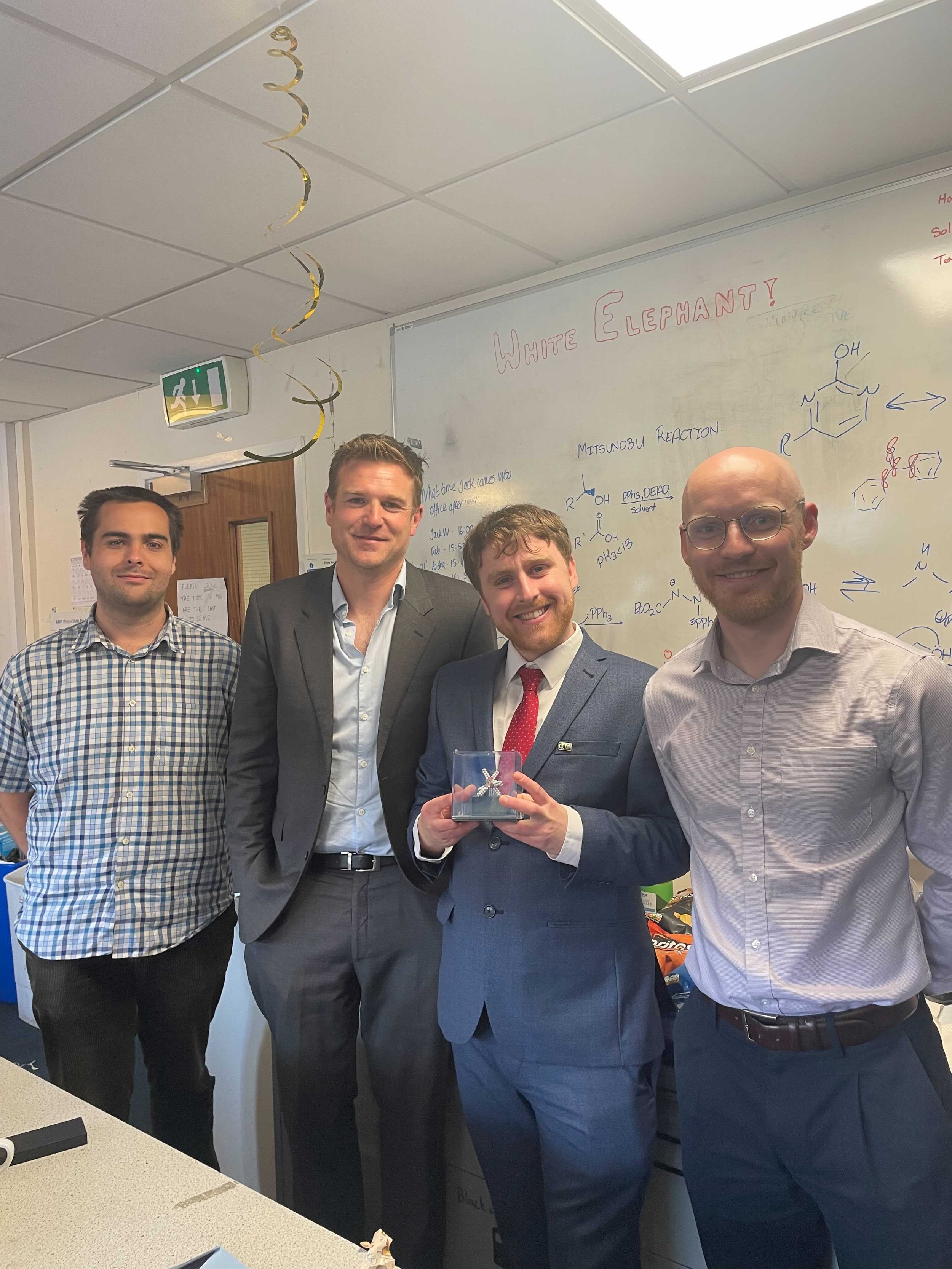Rob Completes PhD Viva
Congratulations to Dr Robert Ives, who has successfully completed his PhD viva! Rob joined our group at Durham Univeristy, having previously completed a MChem degree at the Univeristy of York, before moving back to York with the group last year. Thanks to Drs Sam Thompson and Allegra Franchino for carrying out Rob’s viva.
Since leaving the group, Rob has joined the Bonfio Lab at the Univeristy of Cambridge as a postdoctoral researcher, where he investigates supramolecular biochemistry.













